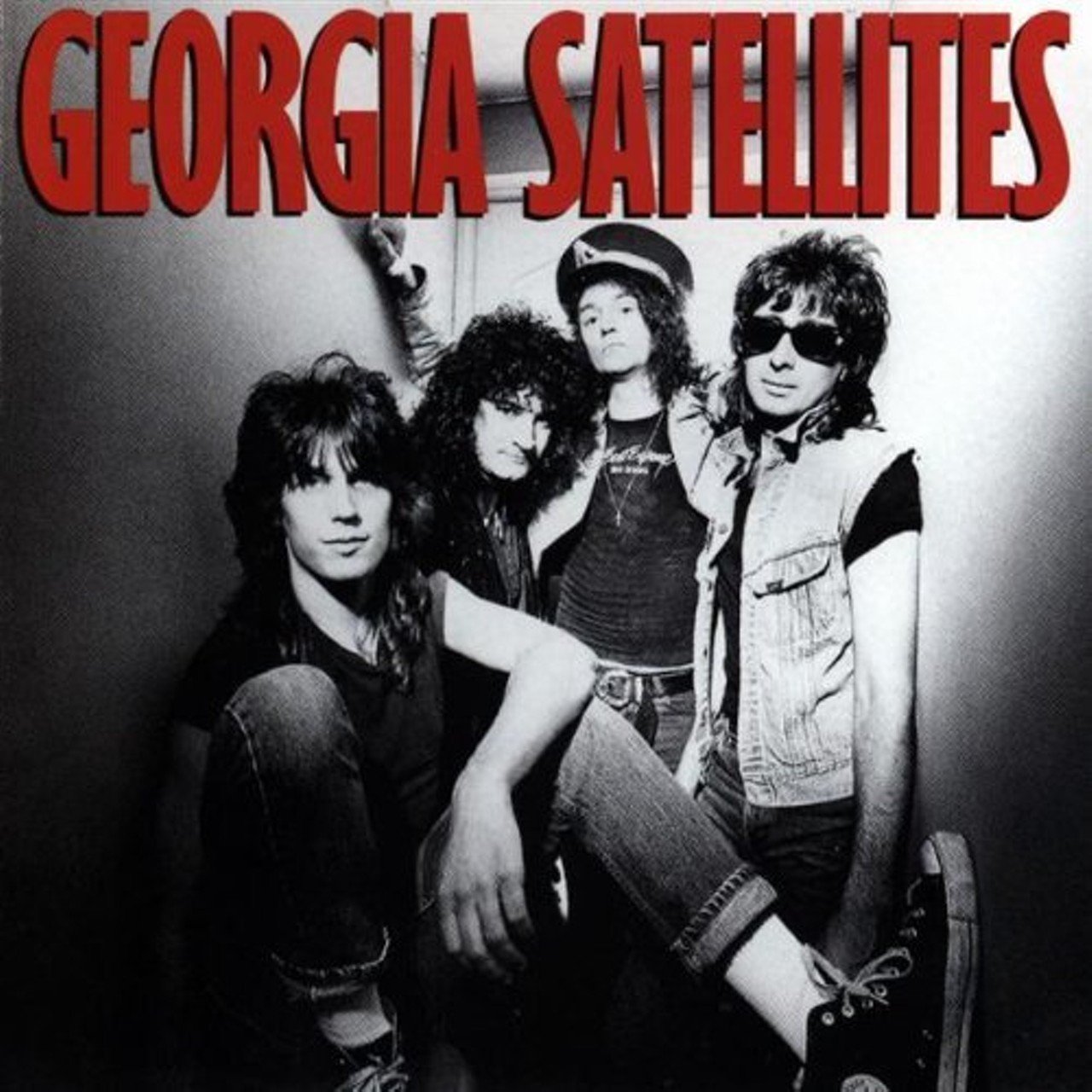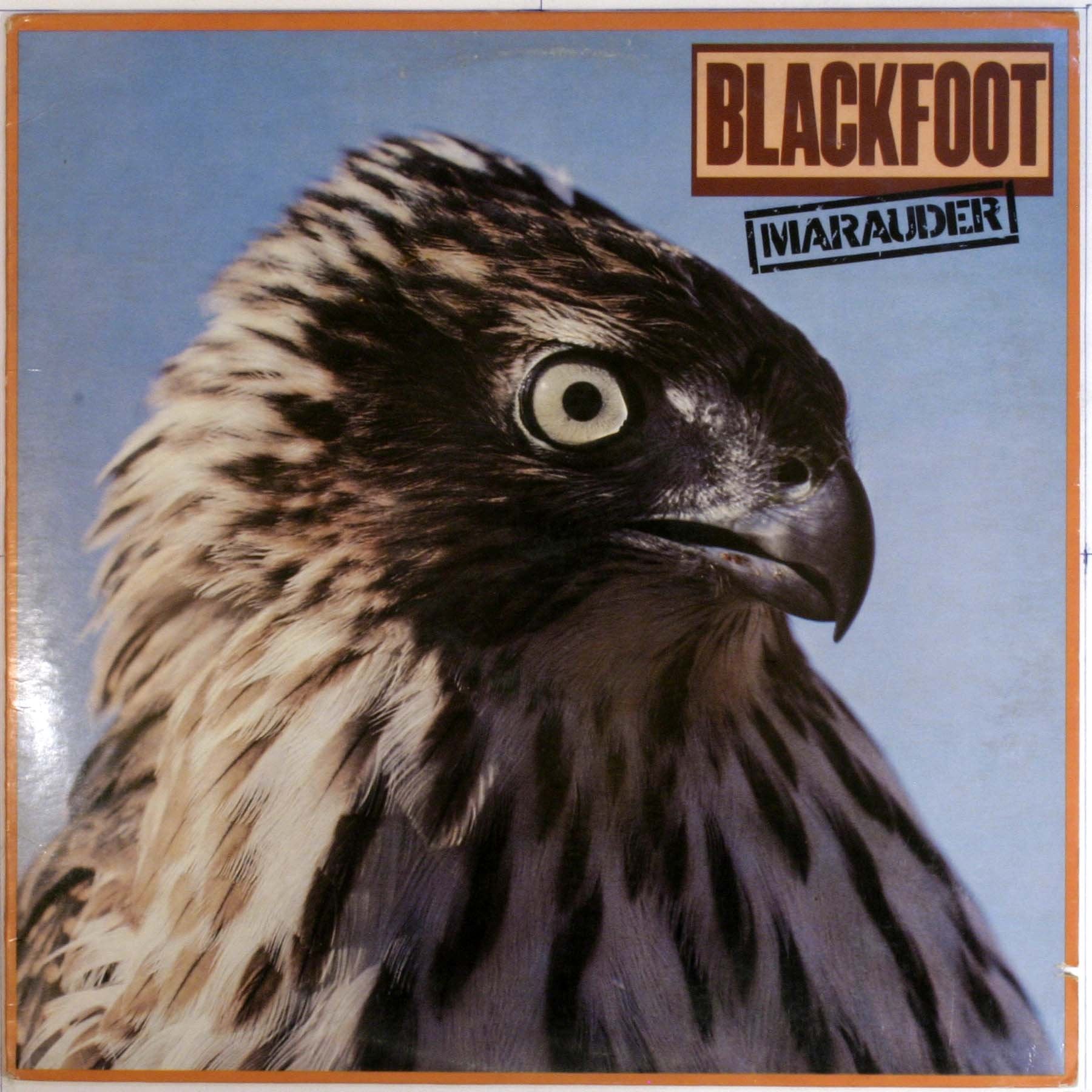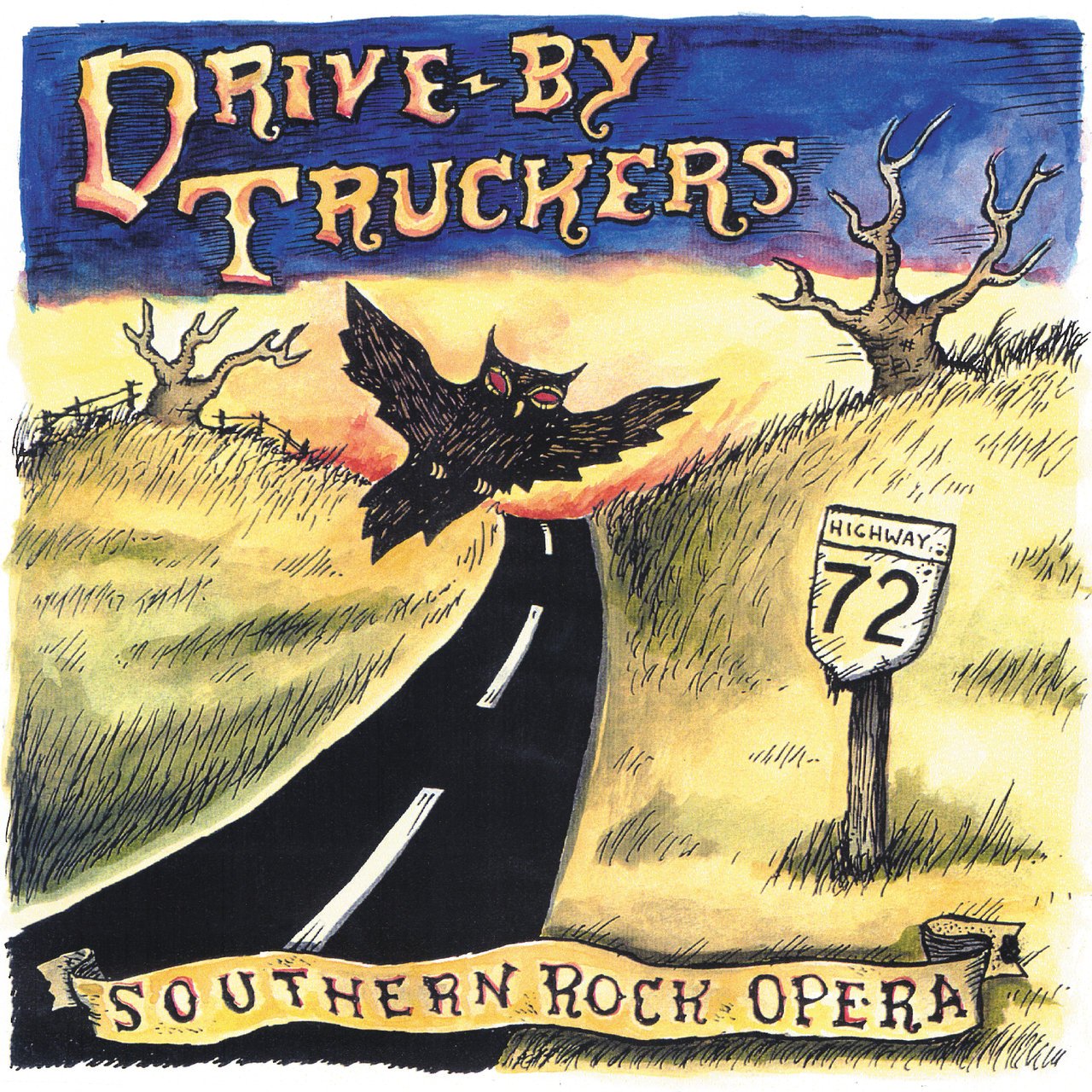所有南部搖滾專輯中值得擁有的10張黑膠唱片
南部は短い評価の土地です。人々が文字通り湿地に住むように説得されて以来、この地域は「クール」な気候(あらゆる意味で)に選ばれることなく見過ごされてきました。産業やトレンドセッターたちが一目見て「いや」と言った後、地域のロッカーたちは誰かに探される心配もなく、自分たちの独特な音を発展させることができました。
With the New York-based critics more worried about what the bands on their own doorstep were banging up, Southern Rock developed as an insular and representative force, boogie-ing at the leisurely pace that 100% humidity requires and effectively conjuring the mystery of slow-rolling black water with equally murky guitars.
Even decades on from its heyday, the belittling of the South and its rock n' roll can be seen in the pre-internet meme of "Freebird!" and the general attitude that the offshoot is for drunk dads or sunbaked rubes. This couldn't be further from the truth and the classics of the genre deserve space on your shelf. Here's 10 releases that prove (in the immortal words of a famous non-rocking Atlantan) that the South has something to say.

Lynyrd Skynyrd: Second Helping
We're starting the band that comes to mind when you think of Southern Rock, for better and for worse. While their debut album Pronounced Leh-Nerd Skin-Nerd is chock full o' the hits that made the band a household name, Second Helping finds the band locking in and perfecting their shuffling and slurred rock.
Helping takes elements of Delta Blues, Chitlin circuit R&B, boogie-woogie and radio rock and mixes them all together into a representative slurry as culturally mixed up as their home state of Florida. It shines a spotlight on many little aspects of the South -- like the localized mythology of "The Ballad Of Curtis Loew" and the countrified contentment of "Swamp Music" -- while saving a space for some bigger ideals as well. The album contains the most famous example of the "Leave us the Hell alone" streak that runs through most Southern Rock in "Sweet Home Alabama." But "Don't Ask Me No Questions" serves just as well for people who want to avoid the former's problematic history.

Black Oak Arkansas: High On The Hog
For those not willing to commit entirely to the twangier side of things, Black Oak Arkansas' most-successful release is a great place to land. The 1973 album ventures well outside of the Ozarks, with sounds that bring to mind everything from Zamrock (album opener "Swimmin' In Quicksand") to European classical music (the cheekily named "Moonshine Sonata"). In contrast to the more insular mode of many of these albums, Hog is fully aware of the outside world and willing to meet it on neutral ground.

Molly Hatchet: Flirtin' With Disaster
Molly Hatchet are one of several Southern Rock bands lurking around in the shadows of Lynyrd Skynyrd. The band shared a city with the legendary act and recorded their first songs on Skynyrd's equipment. The comparisons were inevitable. But this 1979 release makes a strong case for considering the band on their own merits.
Where their contemporaries were typically content to lock into a groove and keep it mellow, Hatchet hit listeners over the head with massive and overblown guitar work. Coupled with vocalist Danny Joe Brown's gravely, Kermit-like yawp, the music of Hatchet comes on as strong as the charging Viking on the album's cover. And much like those marauders, these tracks will barrelled into listeners' brains and refuse to leave.

Georgia Satellites: S/T
Yes, yes. No "hug-ee, no kiss-ee." The very same. But this band was much more than their mega-hit "Keep Your Hands To Yourself" implied. The rest of the album made a move to keep the flagging genre alive by blending it with the rising arena-rock sound of acts like Def Leppard and Bon Jovi.
Given their perennial place on one-hit wonder lists, it's obvious their experimentation didn't pan out on a commercial level. But this is what Slippery When Wet would sound like removed from New Jersey and placed below the Mason-Dixon Line and it makes a great launching point for "What If?" conversations if nothing else.

ZZ Top: Tres Hombres
The swamp doesn't have a monopoly on Southern Rock. Much in the same way that Texas provides its own arid, open and Spanish-flecked twist on the region's culture, ZZ Top came barreling out of Houston with a unique and hard-charging take on the genre. Dusty Hill's nasally vocal and their uniquely dry guitar sound brings to mind a studio that can't quite keep the sand out. And the group's dessicated groove on tracks like "Jesus Just Left Chicago" and "La Grange" brings with it an eternal quality -- a feeling that it's always been there and always will be -- like a skull baking in the sun.

Blackfoot: Marauder
Very few things about the South are hard. The earth is soft and shifting. The air is hazy. The accents make words sound like they’re pitching and yawing on the way out of speakers’ mouths. It's a place of curves and green squiggles. And Blackfoot went and made something that’s the opposite of that.
Everything on 1981's Marauder is hard. The drums, guitar and vocals are technically precise and stomping. Outside of a few cuts, the album completely excises the lounging-in-the-shade vibes of their predecessors, favoring instead the thrash and bombast of a backwater Motorhead.
Tracks like "Too Hard To Handle" and "Good Morning" point toward the later bombast of torchbearers like the Black Crowes nearly a decade before they forced the sound back on to the radio.

The Black Crowes: Shake Your Money Maker
Lest you think that deep-fried sound died off around the time that the Van Zant's plane went down, there's this long-lived Marietta band and their classic debut. The group signal their connection to the genre's history from jump, naming the album after Elmore James' sashaying slide guitar hit. The album makes good on the name, giving the dormant genre a shot in the arm with big and boisterous tracks meant to move an ass or two.
And the world at large definitely noticed. Whether it was the the undeniable quality of the organ runs on "Struttin' Blues" or the fact that "prettylilthinglemmelightyacandle" is stupid fun to say, the album moved five million copies. You should own one of them.

Drive-By Truckers: Southern Rock Opera
The true test of any genre is whether or not it can survive someone going meta. Do the tropes hold up to the scrutiny of a student pointing them out? Does the work stick together even through a modern lens that can recognize the dark underbelly of Southern heritage?
This Alabama band's massive magnum opus gives us a definitive "yes" to both questions. On the record, the group grapples with the simultaneous pride and shame that are baked into anyone from the region and filters it all through the story of Lynyrd Skynyrd. In guitar-drenched odes to SEC football, backroads and faulty airplanes, the band runs through what it means to love this place and its sound backwards and forwards. The Truckers’ conclusion is as complicated as you would expect, pairing a proud twang with muddy guitars to perfectly encapsulate their internal struggle with all of their home state's history.

Charlie Daniels Band: Fire On The Mountain
And now for something completely different. The boys in Truckers had to be reacting to something with their walking back of boisterous down-home pride. And this classic from fiddle maestro and Santa Claus stand-in Charlie Daniels is a pretty pure example of Rebel whooping before better examinations of history began taking a more nuanced stance on the region.
Even if the title of a track like "The South's Gonna Do It Again" might make modern-day listeners wince, the get-down vibes contained within are hard to argue against. There's not a person alive who can't relate to the "Let me do me" message of "Long Haired Country Boy." And Daniels showcases that fabled hospitality by putting a little something here for everybody from ruminations on slightly-outside-the-law characters like "Trudy" to jammy, jazzy chops-provers like "No Place To Go."

The Allman Brothers Band: At Fillmore East
This is the ur-text, the album that the South as a whole would preserve before the ocean swallows it up. The Allman Brothers’ live classic holds together two seemingly incompatible ideas. It’s both an intellectual elevation of the Southern-fried sound with extended jazz-inflected jams and near-perfect encapsulation of the primal energy of seeing the boogie-based band live. Recorded over two sets at the titular New York City venue, At Fillmore East showcases the genre at its headiest and most electric. All of these albums are worthy additions to your collection but one listen to "Whipping Post" will prove that this right here is essential.




